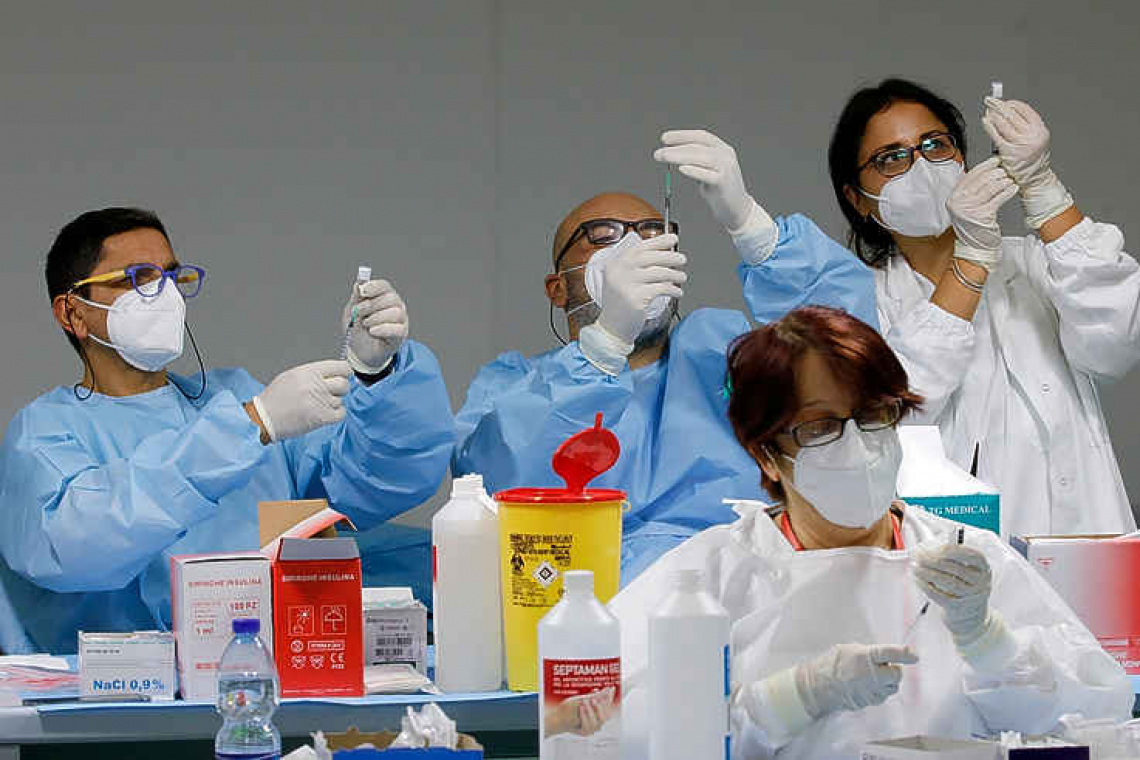LONDON--A "revolution" in technology that helped scientists develop COVID-19 vaccines in under a year must be sped up, so that when the next pandemic arrives a shot can be ready in 100 days, an international coalition said on Wednesday.
Launching a call for international donors to back a $3.5 billion five-year strategy to tackle future pandemic risks, the Coalition for Epidemic Preparedness Innovations (CEPI) said the next emerging disease could be even worse than COVID-19.
Despite 2.5 million deaths from COVID-19 so far, "We might not be so lucky next time," CEPI's chief executive Richard Hatchett told an online event. "The COVID-19 pandemic is not the first pandemic of the 21st Century, and unless we act now, we can be sure that it will not be the last. There is nothing, nothing at all, to prevent the next emerging virus from being far more lethal."
Governments, global health organisations and other partners must make critical investments now in global health security and take advantage of "the revolution in vaccinology that has been catalysed by COVID-19."
He described the goal of having a platform that can be used to make a new vaccine within 100 days as "our moonshot". "We must shave every day we can off every step of the process if we are to deliver on the promise of the science."
Hatchett said that while the fast pace of COVID-19 vaccine development was unprecedented and "a heroic achievement", it was still "not enough". Some 68 million cases and 1.5 million deaths due to COVID-19 had been confirmed by the time the first shots were administered, he said. "We must do better."
To be able to squeeze vaccine development timelines down to 100 days, CEPI said, researchers and drug developers would need to exploit the capabilities of so-called rapid response platform technologies, such as the mRNA approach used in COVID-19 shots developed by Pfizer-BioNtech and Moderna.
It would also involve working with global drugs regulators to streamline the requirements needed for vaccines to be approved, and linking-up manufacturing facilities to enable rapid production of pandemic vaccines.
CEPI, which was created in 2017 with initial donor funding from Germany, Japan and Norway and from the Bill & Melinda Gates Foundation and the Wellcome Trust global health charity, has played a key role in funding early development of a range of candidate vaccines against COVID-19.







